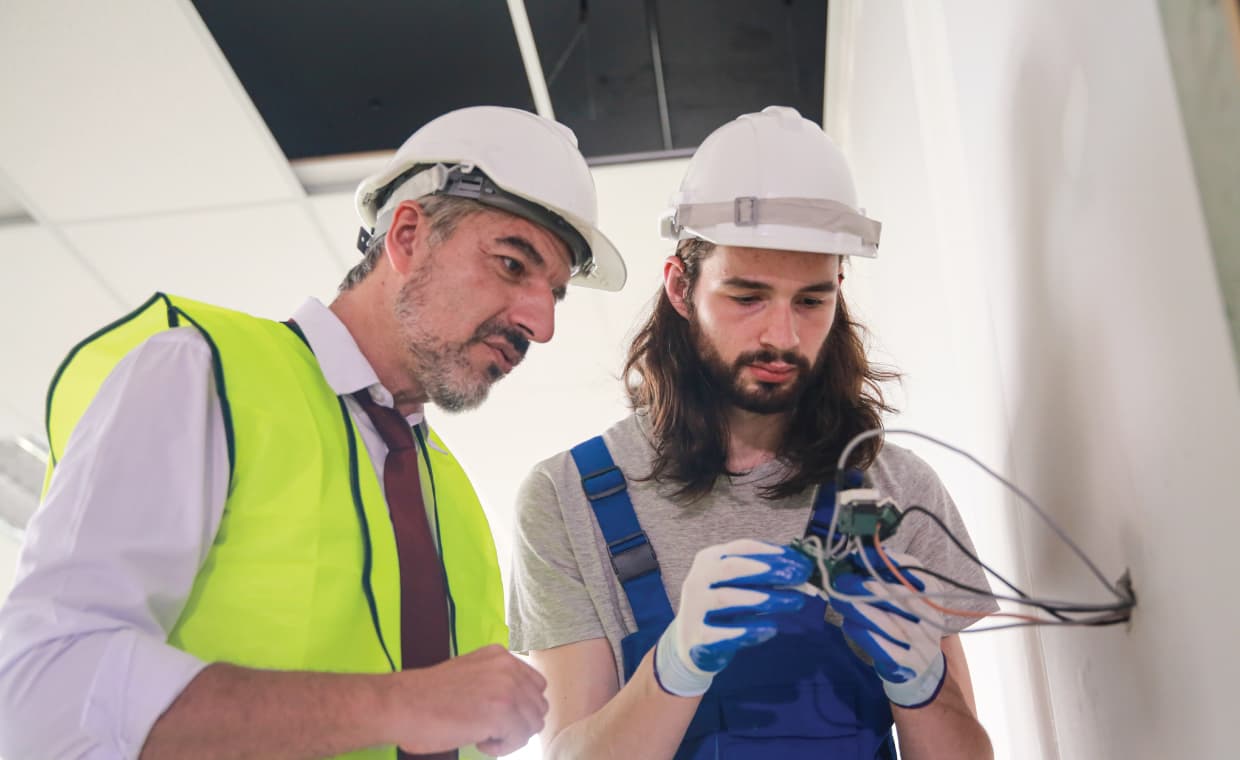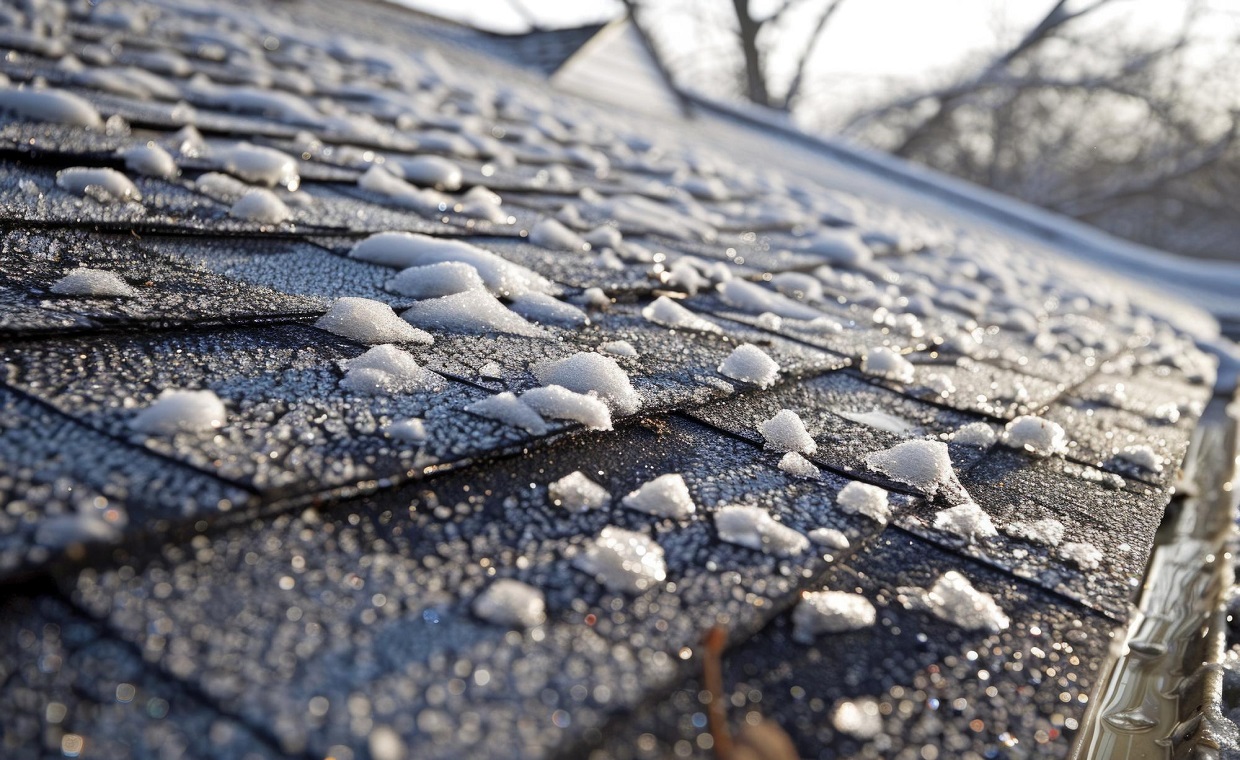
Getting an electrician over to fix your home’s electrical issues is a smart move. It’s safer and often faster than trying to DIY it. But did you know that preparing for electrician visit with a little prep work on your end can make a big difference in how smoothly the visit goes?
Preparing your home for a visiting electrician not only makes their job easier but also helps you understand the underlying issues of your electrical system. Want to know what you should do to welcome them? Read on!
Get Your Home Ready

You wouldn’t leave your home in disarray when expecting visitors, would you? You should treat the electrician as you would any guest, but you have to prepare your home differently for their arrival.
01. Clear the Way
Imagine the electrician arriving to find a cluttered mess. It’s not ideal, right? So, give them a helping hand. Identify the trouble spots—those outlets, switches, or the breaker panel. Remove anything blocking their access. If necessary, move furniture or big items. Think of it as decluttering with a purpose.
Organizing your tools and supplies is another smart move. The electrician will appreciate having a clear workspace. It shows you care about their time and makes their job easier. Extra effort on your part can go a long way.
A reputable electrician Manchester CT or from other nearby areas needs a clear space to work effectively. This is not only for the success of the inspections or repairs but also for their safety and yours.
02. Light It Up
Good lighting is essential for any task, especially electrical work. Ensure the area where the electrician will be working is well-lit. If it’s a bit dark, consider using a temporary lamp, perhaps one that runs on batteries. The electrician needs to see clearly to do their job effectively. Poor lighting can lead to mistakes or missed issues.
03. Prepare for Interruptions
If you live with others, let your household know about the electrician’s visit. It’s a courtesy, and it helps prevent interruptions. You might need to adjust your daily routine. For instance, you could do laundry or cook meals before or after the appointment. Be ready for some noise. Electricians use tools, and there might be a bit of disruption.
Communicating with Your Electrician

The electrician might have the skill and experience, but he needs to know what’s going on. You must maintain clear communication while they inspect or repair your home electrical system.
01. Describe the Problem
The more information you can provide about the electrical issue, the better. Be specific. Is it a flickering light, a non-working outlet, or something else? When did it start? Does it happen all the time, or is it intermittent? The electrician will appreciate the details.
Knowing the location of your circuit breaker panel and the age of your electrical system is helpful information to have ready. It provides context and can speed up the troubleshooting process.
02. Share Your Goals
What do you want to achieve? Are you looking for a quick repair, a complete replacement, or something else? Let the electrician know your expectations. Do you have preferences for certain brands or energy-efficient options? Be open about your budget and timeline. This helps the electrician tailor their recommendations to your needs.
It’s also a good idea to discuss any future plans for your home. Are you planning a renovation or addition? This information can help the electrician suggest solutions that align with your long-term goals. Effective communication ensures that the electrician understands your needs and can provide the best possible service.
03. Ask Away
Don’t hesitate to ask questions. A good electrician will be happy to explain things to you. Inquire about their experience and qualifications. Ask about potential solutions and their costs. Understanding the process helps you make informed decisions.
Don’t be afraid to ask about warranties or guarantees on parts and labor, too. It’s essential to know what kind of protection you have in case something goes wrong after the work is completed.
Ensuring Safety

Safety is essential in all types of manual work, especially when dealing with electricity. Make sure your home is safe enough for the work and everyone inside.
01. Spot Potential Hazards
Check for any obvious hazards like exposed electrical wiring or outlets near water. Remove flammable materials from the area. Taking these precautions protects you, your family, and the electrician.
It’s also great to pay attention to the overall condition of your electrical system. Are there any signs of wear and tear? Do you notice flickering lights or outlets that don’t work consistently? These could be indicators of underlying electrical issues. Pointing these out to the electrician can help them assess the situation better.
02. Follow Safety Rules
Avoid touching electrical equipment or panels while the electrician is working. Keep children and pets away from the work area. Good ventilation is important, so open a window if needed.
Respect the electrician’s workspace and give them the room they need to do their job safely and efficiently. If you have questions or concerns, feel free to ask.
03. Be Prepared
Knowing how to turn off your home’s main power supply is crucial in case of an emergency. Having a fire extinguisher readily available is also a good electrical safety measure. It’s better to be prepared than to wish you were.
While it’s unlikely, accidents can happen. Being prepared for emergencies can help minimize damage and keep everyone safe. It’s always better to be cautious than sorry.
Post-Electrician Visit

Once the electrician finishes, it’s time to inspect their work. Check all outlets and switches to ensure they’re functioning correctly. Look for any damage to walls or other parts of your home. Ask for copies of permits, inspections, or warranties. Keep the electrician’s contact information for future reference. If there’s additional work needed, schedule a follow-up appointment. You might also discuss preventative maintenance or ways to improve your home’s electrical system.
The Takeaway
Preparing for electrician visit might seem like extra work, but it pays off for you, too. A well-prepared home means a faster, safer, and smoother job. And that’s something everyone wants. Remember, electrical work can be dangerous. Always prioritize safety and consider hiring a licensed electrician for any major electrical projects.
Also Read: Basics you must know about kitchen electrical code






























